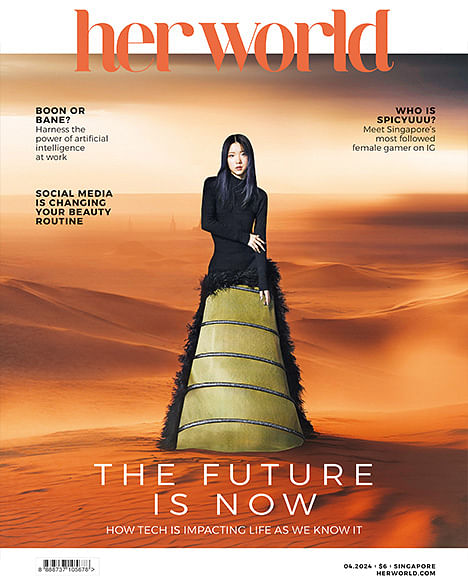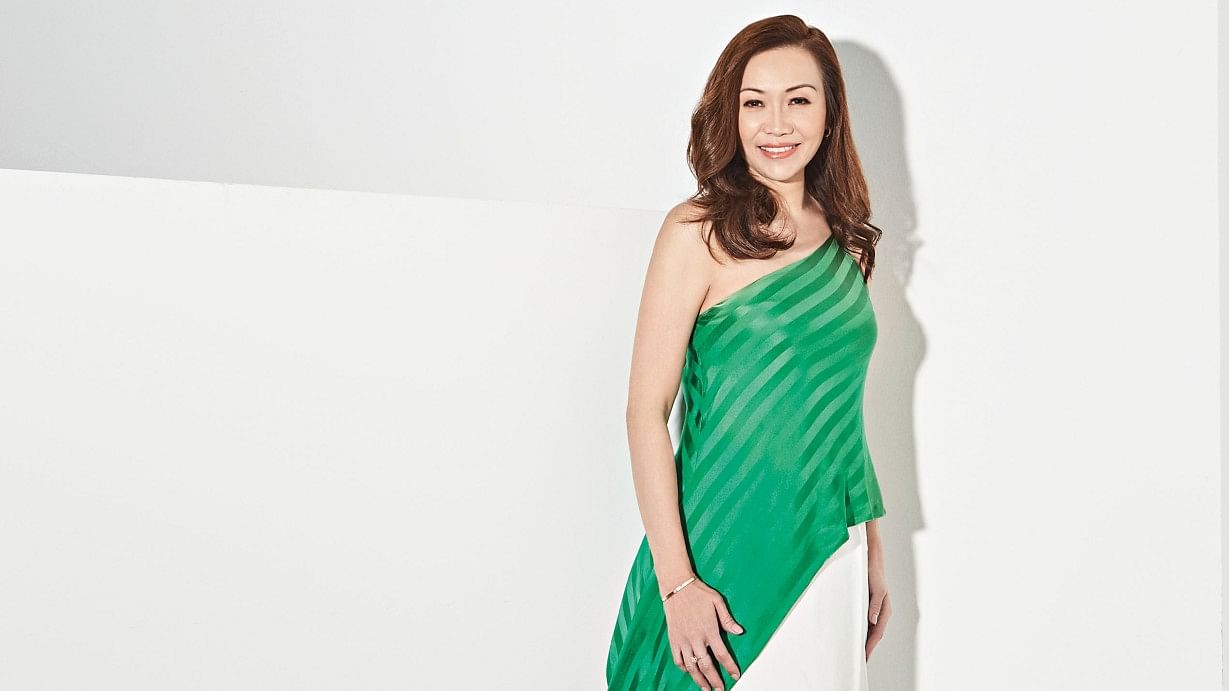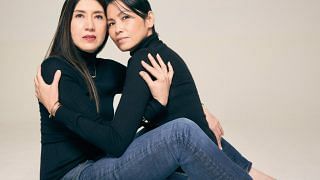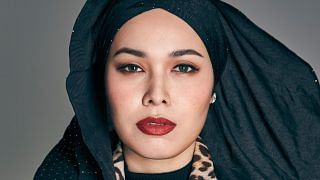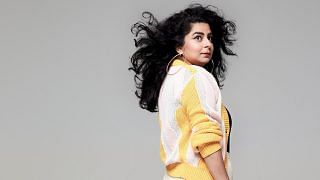What does your age mean to you? Is it a mere numeral, a yearly reminder of the passage of time, or a guide to how well you ought to live your life? In our ‘Age Is Just A Number’ feature, Her World speaks to Singapore women from their 20s to 80s, and delves into how they feel about age and ageing.
These are their stories.
Trina Liang-Lin, President of Women in Sustainability and Environment, 52
Age is more than just a number, and is it something we should just drop? Women are so much more than their age, says president of Women in Sustainability and Environment and Her World Tribe member Trina Liang-Lin.
“I was featured in the March issue of Her World (ed’s note: the International Women’s Day edition of #HerWorldHerStory), and I had requested that my age not be reflected in the article. My reason: I hoped that society can move away from age-stereotyping, and focus on a woman’s worth through her personal stories or achievements, independent of her age. I challenged the writer to consider not stating a person’s age by default.
I will turn 52 this year, but flip the numbers around and you’ll get a better sense of how I feel mentally and physically. Emotionally too – I’m stronger than I’ve ever been. In my life, I’ve had my fair share of loss, disappointment, heartbreak, triumphs and successes. Does my biological age really accurately articulate who I am? I think not.
I hope that society can move away from age-stereotyping and focus on a woman’s worth through her personal stories or achievements.
Trina Liang-Lin
Being involved in the area of sustainability, I am so proud of youth who, no matter how young, have found a voice advocating climate change. When I was a youth many moons ago, few of us would have dared to be vocal on world matters. For today’s youth, though their voices are louder thanks to social media, their age often still excludes them from serious policy discussions. Should their biological age limit their influence? I hope not.
According to a recent article by Forbes, gendered ageism, or the intersection of age and gender bias, is a growing phenomenon. In the workplace, this is a concern for women, who are disproportionately affected. This form of bias affects their job security and financial future (women live longer!), as they are perceived as less valuable, competent and relevant as they age. In fact, according to the article, starting at age 35, women begin to experience gendered ageism at increasing rates as they age, with 60 per cent of those aged 35 to 40 reporting the experience.
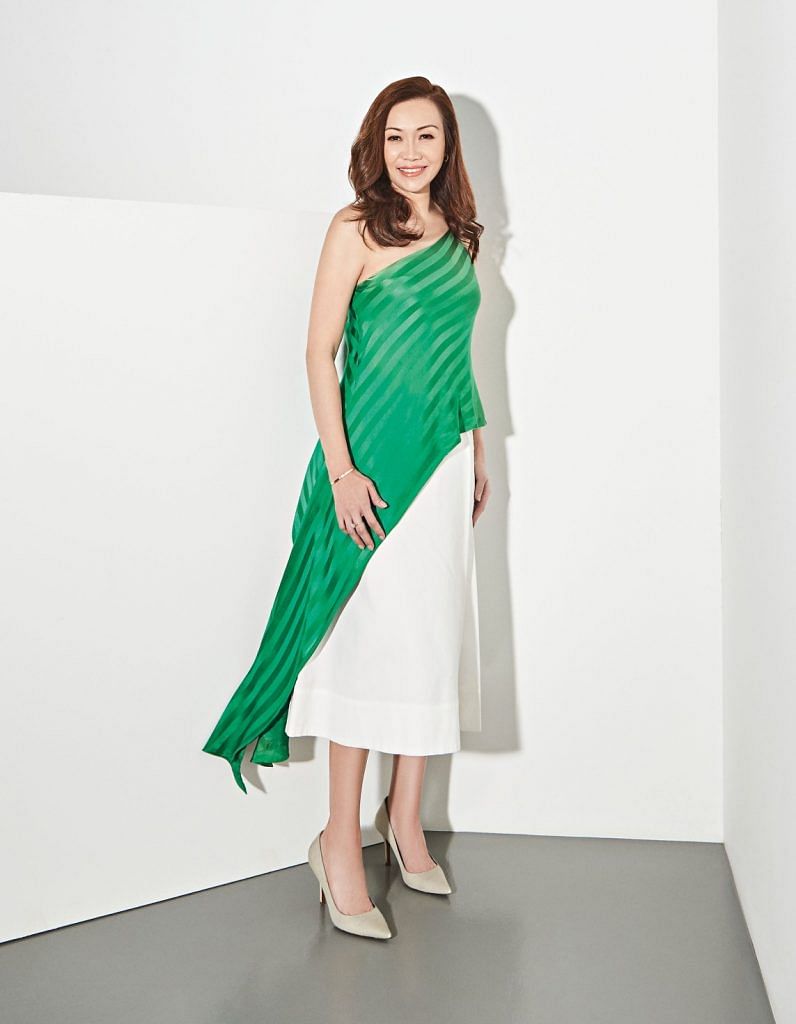
Of course, keeping private records of age for administrative purposes is vital. But for everyday public discourse, is there still a good reason why your age follows your name in news publications? If you read about “Mary Lim, 35”, does her age tell you something about her? The revelation of age is personal – you open yourself up to scrutiny and societal constructs that dictate the norms and rules of engagement:
What should you wear? What job should you do? Who can you date or socialise with? Are you of childbearing age? You allow yourself to be judged by a number.
I hope that in the near future, there will be no need to state someone’s age publicly. Instead, we should respect people by their actions, work and deeds. After all, the world has moved on in the wake of BodyPositivity, #MeToo and #AsianLivesMatter – it is time we do better and move beyond ageism too.”
As told to us by Trina Liang-Lin. Trina is also Singapore’s representative to the G20 for Women, and past president of UN Women and the Financial Women’s Association.
PHOTOGRAPHY Veronica Tay
CREATIVE DIRECTION Windy Aulia & Elizabeth Lee
ART DIRECTION Ray Ticsay & Adeline Eng
HAIR Fadli using Keune & Aung using Revlon Professional Singapore & Gama Professional Singapore
MAKEUP Nikki Fu using Dior Beauty & Lolent Lee using Chanel Beauty

